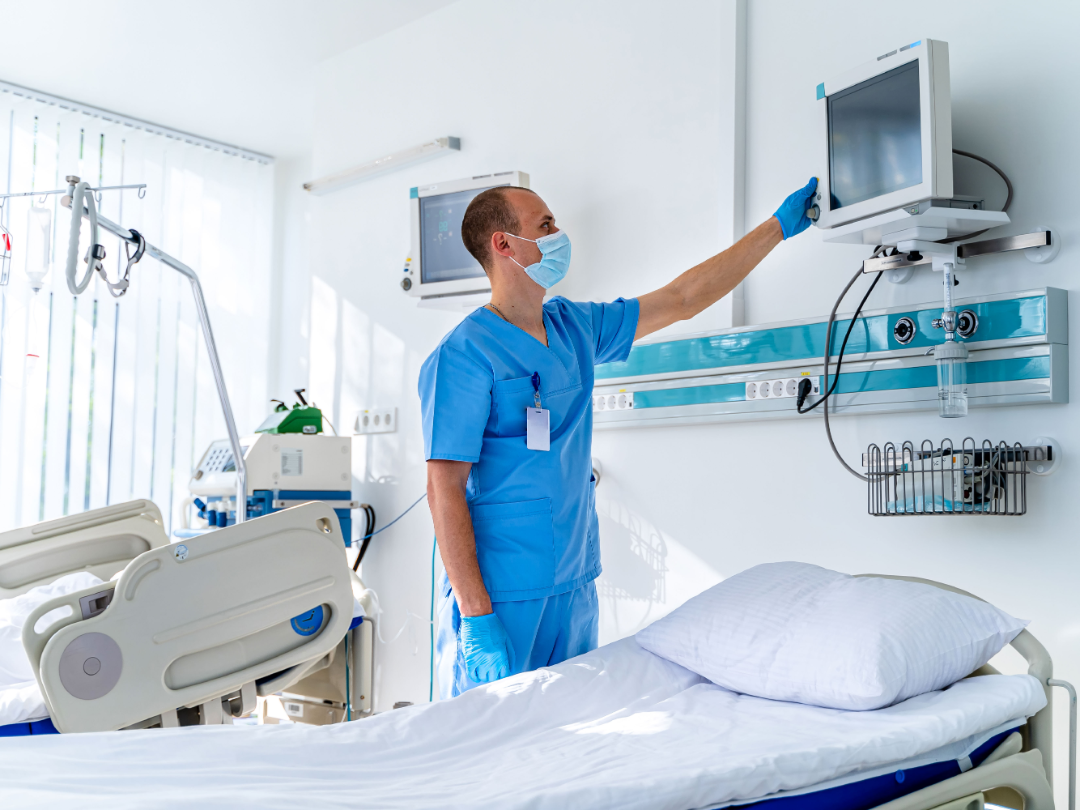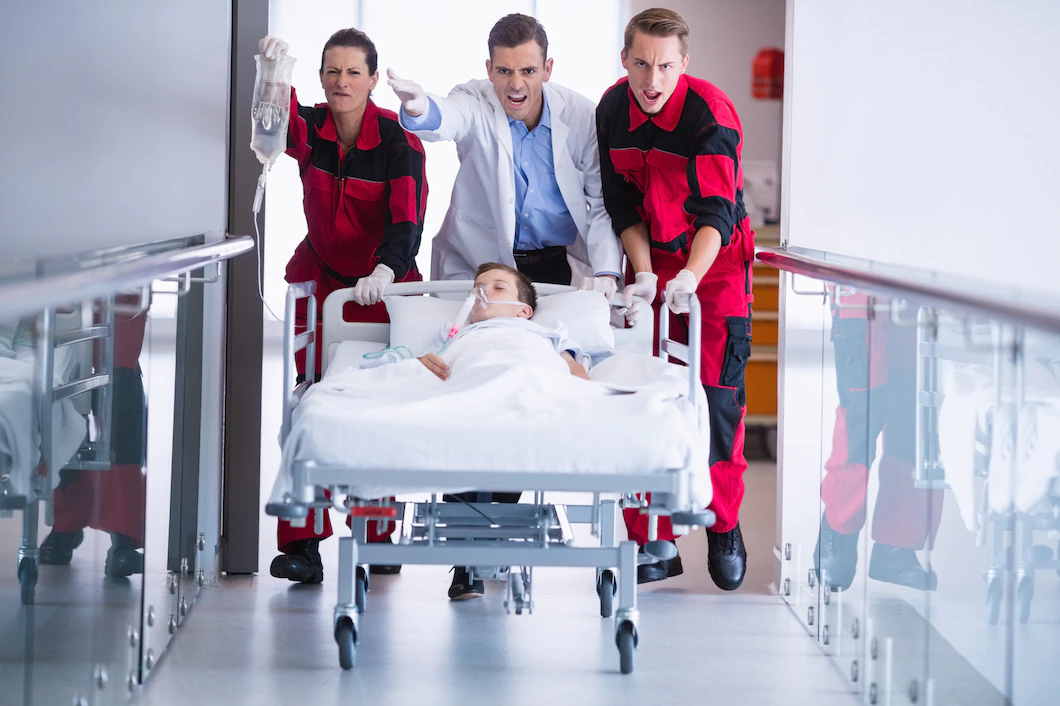The ICU (Intensive Care Unit) and critical care department of Sids hospital play a crucial role in providing life-saving treatments and care to patients with severe and life-threatening medical conditions which makes us one of the best critical care specialists in Surat
Emergency and ICU (Intensive Care Unit) services are utilized in several different medical situations, including:
- Trauma: Patients who have been involved in accidents or sustained serious injuries may require emergency and ICU services. The ICU may provide life support, such as mechanical ventilation, and advanced medical interventions to stabilize the patient’s condition.
- Cardiac emergencies: Patients experiencing a heart attack or cardiac arrest may require emergency and ICU services at a criticial care hospital. The ICU may provide advanced life support measures, such as cardiopulmonary resuscitation (CPR) and defibrillation, to try to revive the patient.
- Respiratory failure: Patients experiencing severe respiratory distress may require emergency and ICU services. The ICU may provide life support, such as mechanical ventilation, and other treatments to support the patient’s breathing.
- Sepsis: Patients with severe infections may develop sepsis, a life-threatening condition that can quickly lead to organ failure. The ICU may provide life support and advanced medical treatments to stabilize the patient’s condition and prevent further organ damage.
- Neurological emergencies: Patients with severe neurological conditions, such as stroke or brain injury, may require emergency and ICU services. The ICU may provide life support, such as mechanical ventilation, and other treatments to support the patient’s brain function.
- Poisoning: Patients who have ingested toxic substances may require emergency and ICU services. The ICU may provide life support and advanced treatments, such as dialysis, to remove the toxins from the patient’s body and prevent further harm.
These are just a few examples of the many medical situations that may require the use of emergency and ICU services. If you or someone you know is going through such emergency situations it is crucial to search for an emergency hospital near you to avoid any further delays, The primary goal of these services is to provide life-saving treatments and care to critically ill patients and help improve their chances of recovery.
Here are some of the reasons why the ICU and critical care departments are so important:
- Life support: The primary function of the ICU and critical care departments is to provide life support to patients suffering from acute and serious illnesses such as heart attack, severe infections, respiratory failure, organ failure, and more. These patients often require complex and continuous monitoring, diagnostic tests, and treatments to sustain their vital functions, which the ICU provides. We at Sids Hospital are well equipped with the best infrastructure and manpower which makes us the best ICU hospital in Surat.
- Monitoring: Patients in the ICU require round-the-clock monitoring of their vital signs, such as blood pressure, heart rate, oxygen saturation levels, and more. The ICU staff is equipped with the necessary technology, such as cardiac monitors and ventilators, to continuously monitor patients’ vital signs and respond to any changes in their condition.
- Advanced treatments: The ICU and critical care departments are equipped with the latest technology and treatments that allow doctors and nurses to provide advanced care to critically ill patients. For example, patients with severe respiratory failure may require mechanical ventilation, which is a life-saving treatment that is only available in the ICU.
- Expertise: The ICU and critical care departments are staffed by highly trained and specialized medical professionals, including doctors, nurses, respiratory therapists, and others, who are experts in caring for critically ill patients. This high level of expertise ensures that patients receive the best possible care and outcomes.
- Rapid response: In the event of a medical emergency, the ICU and critical care departments are equipped to provide rapid response and intervention. For example, if a patient goes into cardiac arrest, the ICU staff is trained to quickly initiate advanced life support measures to try to revive the patient.
- Coordination: The ICU and critical care departments play an important role in coordinating and communicating with other medical teams within the hospital. For example, if a patient requires multiple surgeries, the ICU staff works closely with the surgical teams to ensure that the patient’s condition remains stable during and after the procedures.


 Book Appointment
Book Appointment.png) Video Consultation
Video Consultation






